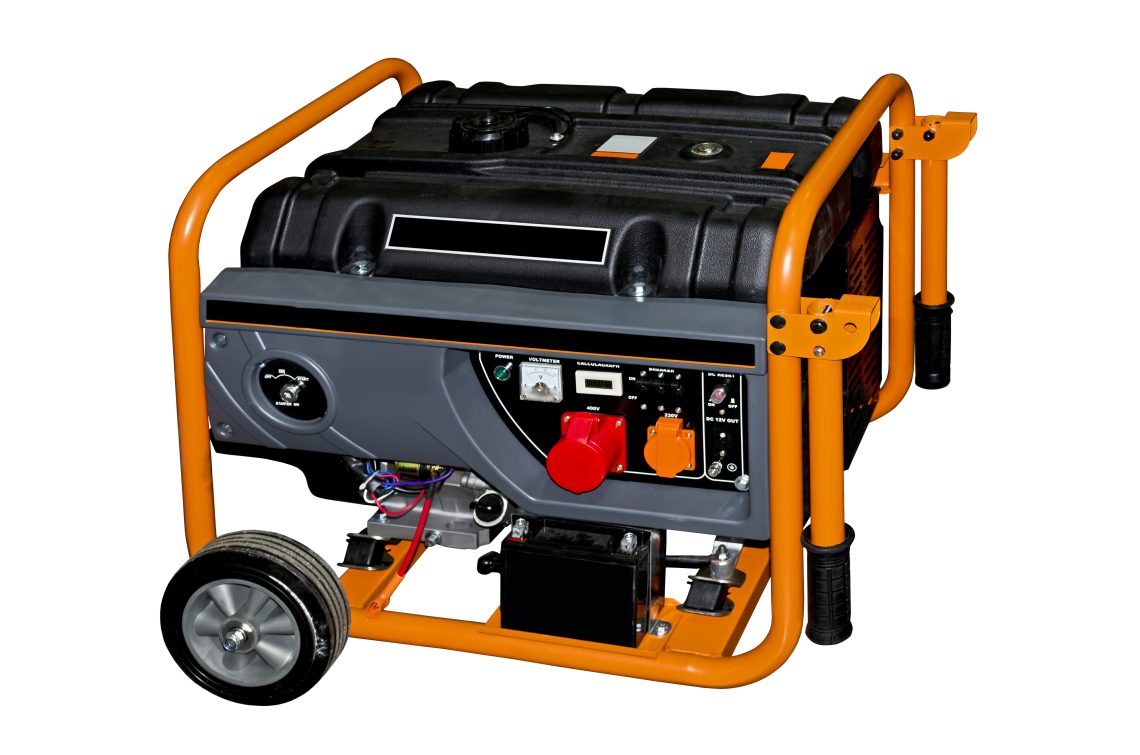Today we want to discuss different types of generators and their power output. You never know when the power will go out, and being armed with a backup plan is in everyone’s best interest. Never underestimate the power of a holiday in nature. At the end of a stressful week, season or year, a camping trip can help you feel centered and grounded. A portable generator can turn your camping trip into a glamping getaway. Generators come in many shapes and sizes, all of which have impressive benefits. Knowing which generator you need is unique to your preferences and electric requirements. Here are some of the different types of generators and their power outputs.
Portable Generators
A portable generator is smaller, compact, and easy to cart around. These small generators are usually powered by gasoline, solar energy, or propane. You can obtain both gas and propane through a gas station. However, solar energy is derived directly from the sun. Because of their tiny size, these generators may be readily stored in a vehicle, shed, or garage until needed. These small generators often have an output capacity of fewer than 1000 Watts, but a top-of-the-line model may offer up to 2000 Watts. They are best used for camping trips or emergencies.
Inverter Generator
Inverter generators can be whole-house or mobile units, but they differ in how they generate energy. A typical generator produces power in a single phase and cannot maintain a continuous flow of electricity.
Inverter generators generate energy in three phases, producing a high-frequency alternating current (AC), then inverting to a direct current (DC), and finally to a steady AC output, and how to choose ac to dc converter comes with a heavy knowledge. The process appears complicated, but it contributes to producing clean energy, or power that remains stable while in use.
AC electricity oscillating at a perfect 60 Hz with no disturbance or distortions in the line is called clean power (an ideal sine wave). Consequently, using sensitive devices such as phones and computers is appropriate. Inverter generators are also silent because of their consistent energy output. As the load that the inverter is driving changes, the AC output voltage of the inverter is frequently set to match the grid line voltage, typically 120 or 240 volts AC.
Standby Generator
A standby generator comes with a high price tag expected of a semi-permanent feature of the home. These generators often take up more space than a typical air conditioning unit. These units have a huge fuel tank and a commercial-grade engine with exceptional fuel economy, allowing them to power the entire house in an emergency.
A standby generator automatically provides continuous power to your home during a power outage. These generators can provide enough power to your home to operate all appliances, including a stove, boiler, kettle, and lighting.
The length of time they can operate varies substantially. When standby generators are used longer than recommended, they are more likely to break down and malfunction. When only a couple of hours are needed, they are most effective. When choosing a generator, it is essential to consider the wattage of the appliances you wish to power, the type of fuel used, and the generator’s power capabilities. You can’t be wrong when you are armed with the correct information.
Read more fashion articles at ClichéMag.com
Images provided by Flickr, Unsplash, Pexels, Pixabay & Creative Commons




